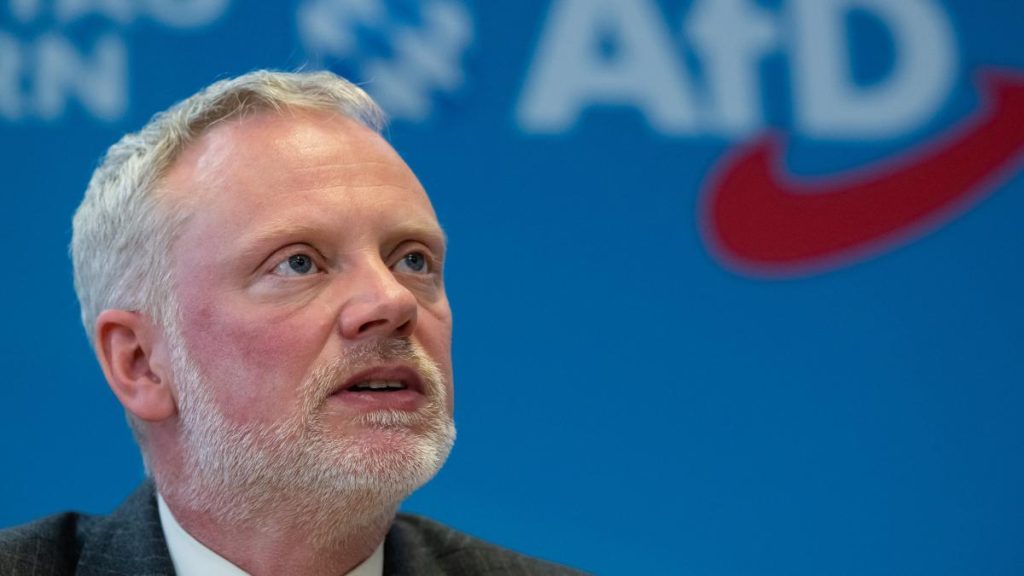The AfD national executive board has issued warnings to three Bavarian AfD state parliament members for traveling to Russia as observers for the controversial presidential elections. The three members, Ulrich Singer, Andreas Jurca, and Elena Roon, traveled to Russia in March on an invitation from there to assess the organization and conduct of the elections. While the trip was self-funded to avoid any accusations of bias, the Organization for Security and Cooperation in Europe (OSCE) election observers were not allowed in Russia, whose assessment is crucial for international recognition of the election results.
President Vladimir Putin was re-elected for the fifth time with 87.28% of the votes in the controversial elections. However, the German President Frank-Walter Steinmeier and Chancellor Olaf Scholz (SPD) refrained from offering congratulations, and a government spokesperson described the elections as neither free nor fair. Despite the AfD national leadership advising the three members against the trip to Russia, they proceeded with it, resulting in their official warnings. According to the party’s statutes, members who violate the party’s principles or regulations can be warned, potentially leading to further disciplinary measures such as suspensions from party positions or even expulsion from the party.
The AfD’s decision to warn the three members comes amidst growing concerns over the party’s connections with Russia, given Russia’s involvement in various international conflicts and allegations of election interference in Western countries. The party’s willingness to send observers to elections that have been criticized for lacking transparency and fairness raises questions about its stance on democratic values and international relations. The AfD has faced criticism in the past for its perceived pro-Russian stance, which has led to internal disputes and tensions within the party.
The warnings issued by the AfD national executive board reflect the party’s efforts to uphold its internal regulations and image amidst increasing scrutiny and criticism. By reminding its members of the consequences of violating party rules, the AfD aims to maintain discipline and adherence to its principles. However, the decision to issue warnings to the three members also highlights the internal divisions within the party regarding its relations with Russia and its role in international affairs. It remains to be seen how this incident will influence the party’s future actions and policies regarding its stance on Russia and other international issues.
The AfD’s response to the three members’ trip to Russia underscores the party’s efforts to address internal conflicts and maintain a unified stance on key issues. The warnings serve as a reminder of the party’s expectations for its members and the consequences of deviating from established guidelines. As the AfD continues to navigate its role in German politics and the broader international context, its handling of internal disputes and controversies will likely shape its reputation and influence in the future. Ultimately, the party’s ability to balance internal cohesion with external pressures and criticisms will determine its trajectory in the evolving political landscape.


